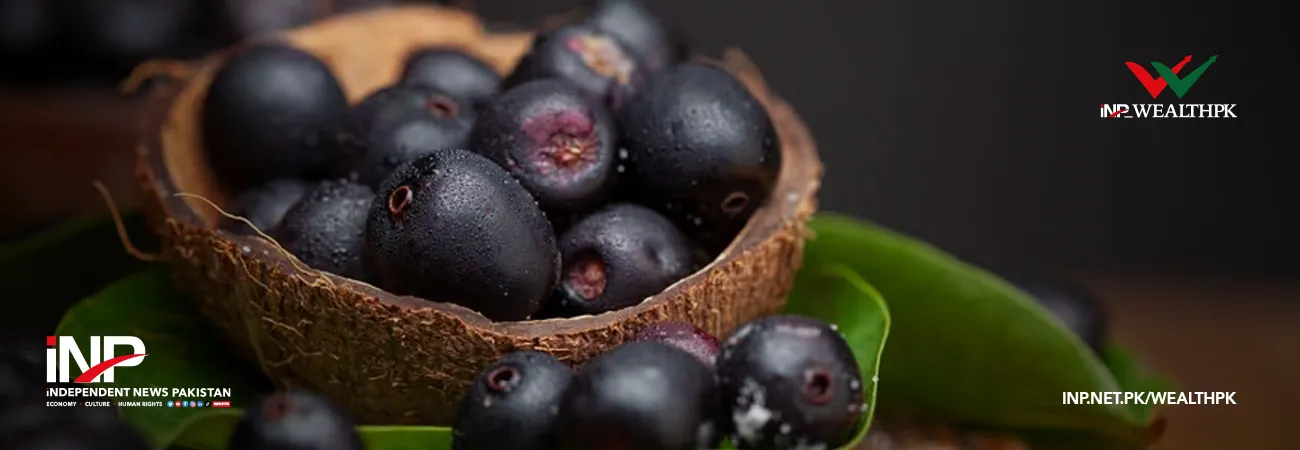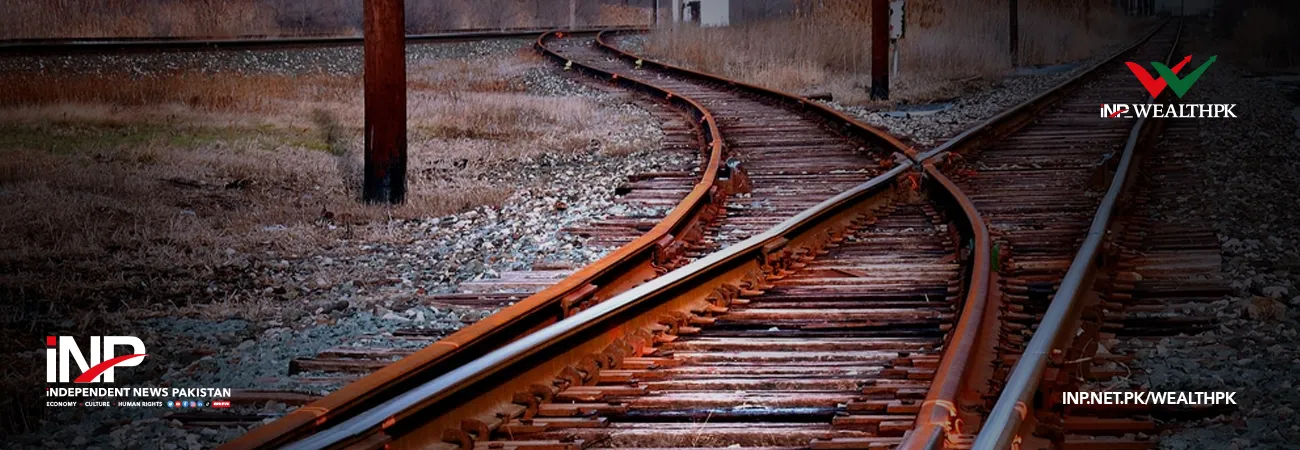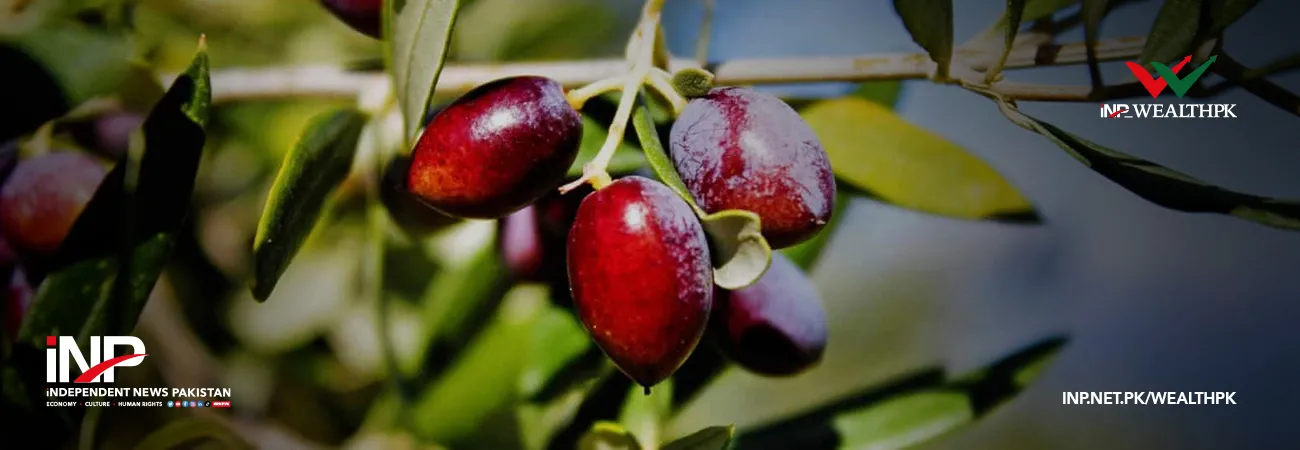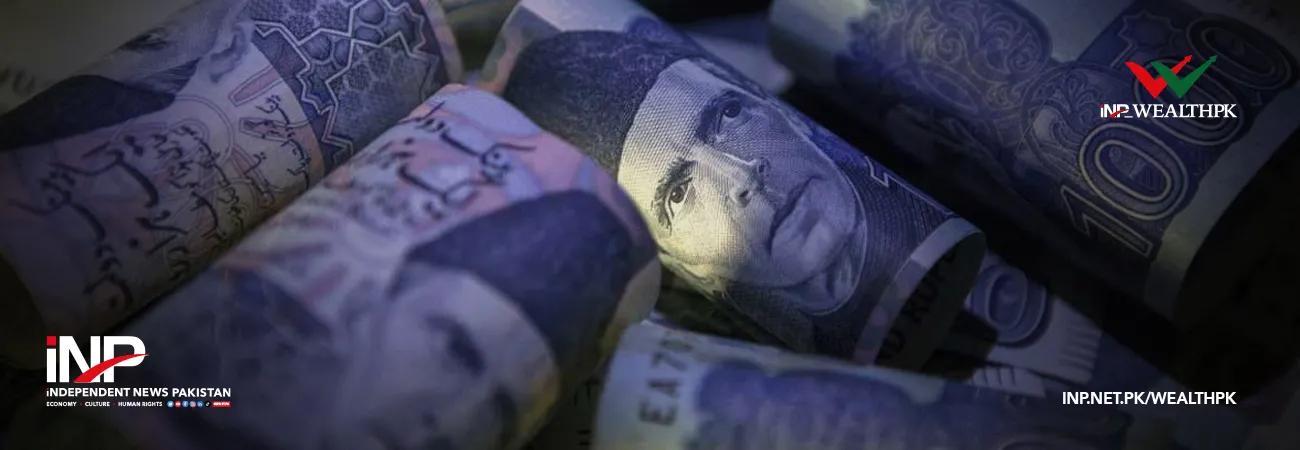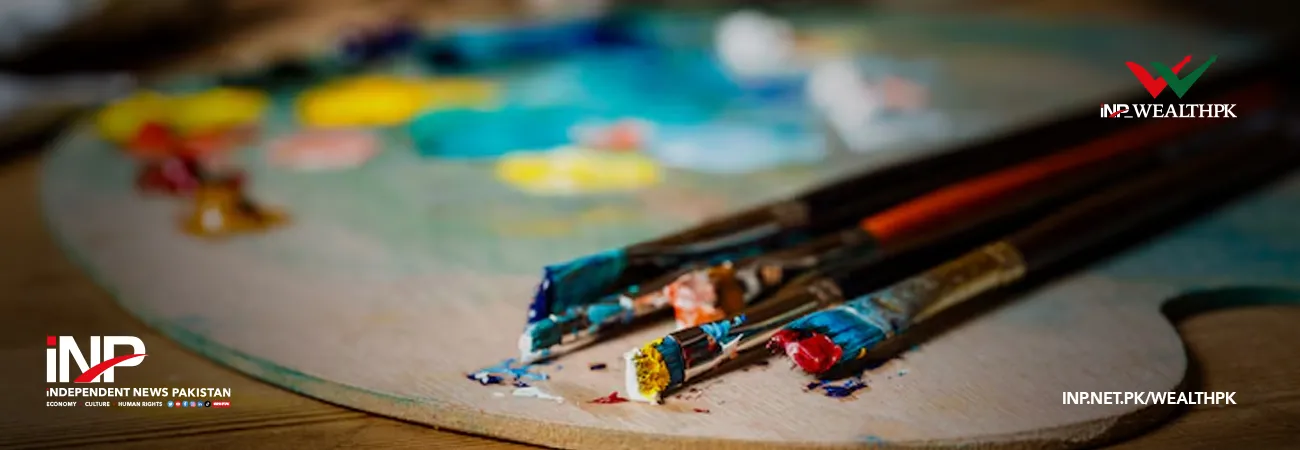INP-WealthPk
Muhammad Zamir Assadi
The newly elected government in Pakistan following the historic elections on July 25 has started to govern in a very unique and populist way.
Pakistan Tehreek-e-Insaf (PTI) led by its Chairman Imran Khan, ran the election campaign very aggressively against other political parties by claiming to want to introduce major change in the country.
People were drawn to the PTI's election strategy of raising slogans against the lavish lifestyles of previous governments in the past seven decades.
One of the slogans by Imran Khan was to cut the excesses of government as the country is now facing one of the worst financial crises in its history.
PTI won the elections and came into power by promising change. It now has kicked off an austerity campaign to tackle the financial crisis and to expose the lavish and luxurious lifestyles of previous governments.
The announcement to adopt the austerity drive by Prime Minister Imran Khan was widely welcomed by the people as it exhibited the right intention and direction of the government.
Part of the austerity campaign is also to explore and uncover all the ways to stop the leakage of revenues, which has already started showing positive results.
This first step has restored the people's confidence in their government. It has given them assurance that they had elected the right leaders and that the measures adopted in the austerity campaign would be fruitful in the longer run.
The incumbent government of Pakistan has a very different view of spending. They have planned to allocate money for the development of human resources, welfare projects and socio-economic improvements, which were embedded in their election manifesto.
The major decision taken under this austerity campaign was to sell the fleet of luxury cars used by various government departments and to end the practice of free meals, which were given to people in official meetings. Besides this, all the rest houses allocated for government officials in various cities will now be used for commercial purposes and will generate revenue for the state.
The government has also encouraged its top leaders to avoid residing in state residences allocated for the provincial heads such as the Chief Ministers and Governors of various provinces.
These measures adopted by this new government have paved the way for generating additional revenue, which will be used to tackle the mounting financial pressures and improve the fiscal health of the country.
The austerity moves have also pushed forward the measures of the government in tackling financial corruption which has damaged the fiscal and monetary policies of the country.
It has been estimated that the government may save around 20 percent from the annual 221 billion rupee (US$1.8 billion) administrative budget by effectively implementing the austerity campaign.
The strategy of saving taxpayer's money is indeed an encouraging step but the economy still needs more strict measures to manage a gap of more than US$12 billion. This sum of money is immediately required to support the financial structure of the country and to pay for imports.
The weak financial position of the country was a wake up call for the government to do more to fix the nation's monetary problems. The challenge for the government is to broaden the tax net and its ability to effectively collect taxes. Official data show that only 1.2 million people or less than 1 percent of total population filed income tax returns last year.
The new administration also urgently needs to boost foreign currency reserves which are plunging every month. The current account deficit is also worrying as it stands at 5 percent of GDP and the Pakistani rupee is also depreciating.
The austerity campaign has set an unprecedented example for all sectors of society and, if implemented well, will definitely improve the image and reputation of Pakistan on the world stage.
The author is a Pakistani journalist who graduated in China development studies from Renmin University of China. He is also a media fellow at the China South Asia and South East Asia press center.







